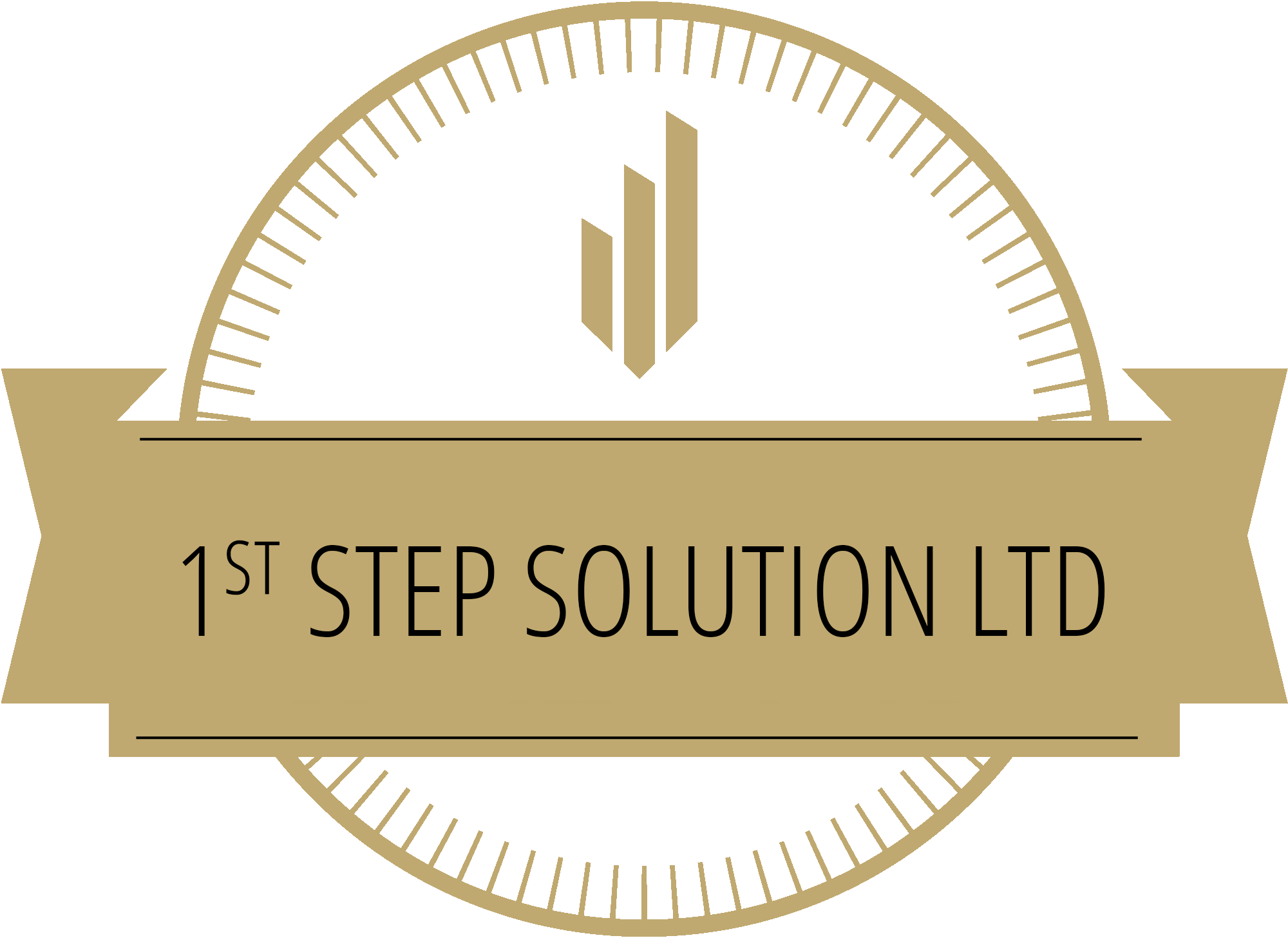Click here to view the August newsletter
A Bright Spot for Business in the Baltics
If you’ve never considered Lithuania as a business destination, you’re in for a pleasant surprise. Nestled in the heart of the Baltics, Lithuania is a modern, EU-member country that’s steadily earning a reputation as one of the most accessible places in Europe to start a company. The process is surprisingly fast – many businesses can be up and running within just two to four working days. But speed isn’t the only attraction.
What makes Lithuania particularly appealing is how approachable its systems are. Foreigners, including those who’ve never set foot in the country, are welcome to establish a company. The digital-first attitude of its government means most procedures can be completed online, without excessive bureaucracy or red tape. Add to that Lithuania’s full integration with the EU single market, and it becomes clear why it’s gaining ground among international entrepreneurs.
Whether you’re a solo founder with a business idea or an international group looking to set up a European base, Lithuania offers a balance of legal structure, tax efficiency, and administrative simplicity that’s hard to beat.
Two Popular Company Types – Which One Fits You Best?
When launching a company in Lithuania, most founders choose between two types of legal entities: the Private Limited Liability Company, known locally as a UAB, and the Small Partnership, called an MB. Both have their unique advantages depending on the kind of business you’re planning to run.
The UAB, or uždaroji akcinė bendrovė, is by far the most common choice, especially for businesses looking for flexibility and credibility. To incorporate a UAB, you’ll need a minimum share capital of €1,000. The company can have just one shareholder, whether an individual or a legal entity, and there’s no requirement for that person to be a Lithuanian resident. This makes it attractive for foreign founders or groups of investors. The director must be a single person – corporate directors aren’t allowed – but again, nationality or residency is not a barrier.
On the other hand, the MB, or mažoji bendrija, is a newer, more informal legal structure, typically used by small-scale businesses or startups. There’s no minimum capital requirement, which is a major plus for founders just getting started. However, MBs can only be formed by individuals (not companies), and the total number of members is limited to ten. While they offer slightly more flexibility in internal governance and profit distribution, MBs are still bound by local laws and require well-drafted internal statutes.
Laying the Legal Groundwork: What You Actually Need to Start
Starting a company in Lithuania is refreshingly straightforward, especially when compared to other EU countries. If you’re opening a UAB, you’ll need to contribute the initial capital either fully at the start or at least 25% in cash – so long as the cash portion is no less than €1,000. The remainder can be paid later, within 12 months, either in cash or through assets. MBs, as mentioned, are much more flexible when it comes to initial contributions, with the rules defined by the company’s internal statutes.
Only one shareholder is required to incorporate a company, and this person can be a local or foreigner, individual or corporate. In MBs, however, only individuals can be members. There are no restrictions requiring a local director or shareholder, nor do you need a registered agent. That said, you will need to register a business address in Lithuania – virtual offices are common and acceptable for this purpose.
Lithuania also values transparency. Details about company directors and shareholders are recorded in public registers, and any transfer of significant shares in a UAB must be notarized – particularly when 25% or more of the company is being transferred, or when the value of the transfer exceeds €14,500. MBs don’t require notarial involvement for share transfers, making them slightly less formal in this regard.
Everyday Operations and the Rules You’ll Want to Know
Running a Lithuanian company doesn’t come with unnecessary hurdles, but there are a few administrative tasks you’ll want to stay on top of. For one, UABs are required to hold an annual shareholders’ meeting, usually by April 30th of the following year. MBs operate under more flexible rules, defined in their own internal regulations.
Companies must submit annual financial statements by May 31st and pay any owed corporate tax by June 15th. Accounting must be maintained throughout the year, and while audits aren’t usually mandatory, they may be required for larger entities or those meeting certain thresholds. Shelf companies – pre-registered but unused entities – are available and can be acquired on the same day your documents are ready, which is a convenient option for those in a hurry.
Interestingly, while Lithuania demands transparency, it also offers privacy protections. For example, there’s no allowance for bearer shares or nominee shareholders, meaning the real ownership must always be clear. On the flip side, companies can be structured through a foundation, and holding shares through a trust is possible via intermediary jurisdictions such as Malta.
Taxes Without the Headache: Understanding the Lithuanian Tax Scene
Lithuania has one of the most entrepreneur-friendly tax systems in the region, especially for small or new companies. If you meet certain conditions – such as having under ten employees, earning less than €300,000 in revenue, and being entirely owned by individuals – your company may qualify for a 0% corporate tax rate for its first year. In the second year, a reduced rate of 6% may still apply. The standard corporate tax rate for most companies is 16%.
Companies are taxed on worldwide income, and there’s no separate tax residency test based on management location – if you’re registered in Lithuania, you’re a resident for tax purposes. Dividends paid to individuals are taxed at 15%, and distributions to shareholders may be taxed at 0% if certain ownership conditions are met, such as holding at least 10% of shares for over 12 months.
Capital gains are treated favorably too. If a Lithuanian company sells shares in another EU or treaty-partner company, it may avoid tax on those gains, provided the shares were held for at least two years. There’s also the ability to carry forward losses indefinitely, though usually only 70% of annual taxable profit can be offset. Exceptions exist for companies benefiting from the 0% or 6% tax rates – they can use 100% of prior losses.
VAT is set at a standard rate of 21%, and registration becomes mandatory when your business hits €45,000 in revenue or if you import certain volumes of goods or services from the EU. Filing is done monthly, and Lithuanian tax authorities are known for their efficiency and digital systems.
Banking, Bureaucracy, and the Bonus of Predictability
Opening a bank account is the final piece of the puzzle, and while you can open one in Lithuania, there’s no legal requirement to do so. Many companies choose to work with Electronic Money Institutions (EMIs) or even banks in other EU countries. The key requirement is simply having a bank account that works for your business needs and can accept capital contributions.
One unique benefit of doing business in Lithuania is the availability of advance tax rulings. If you’re unsure about how a certain transaction or structure will be taxed, you can request an official ruling from the authorities – bringing clarity and peace of mind. This kind of predictability is rare in other countries and is a major asset for long-term planning.
Although Lithuania doesn’t demand a lot from foreign founders – no local director, no secretary, no agent – it does insist on maintaining high standards for company transparency, financial responsibility, and tax reporting. That balance between openness and simplicity is part of what makes the country so appealing to newcomers.
Want to learn more? Contact us now!
Click here to view the August newsletter


